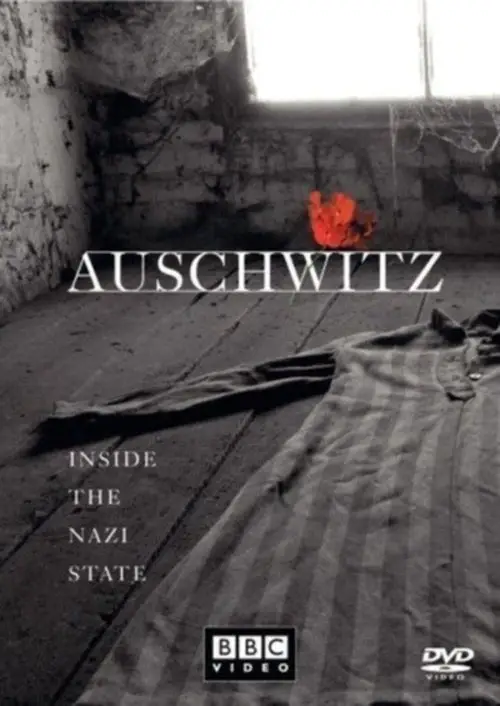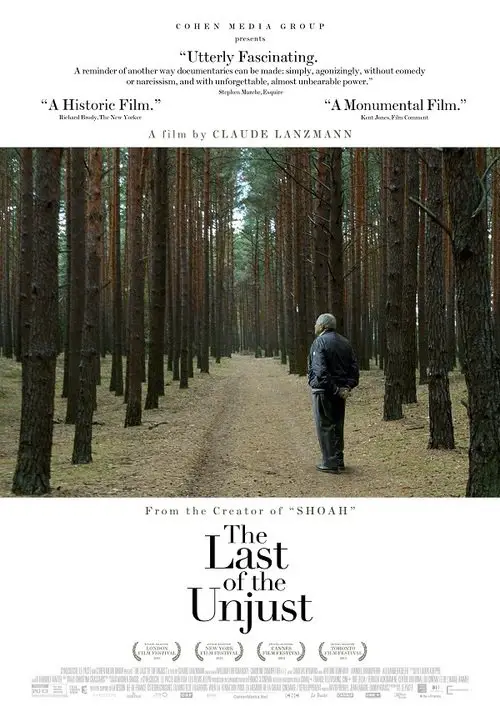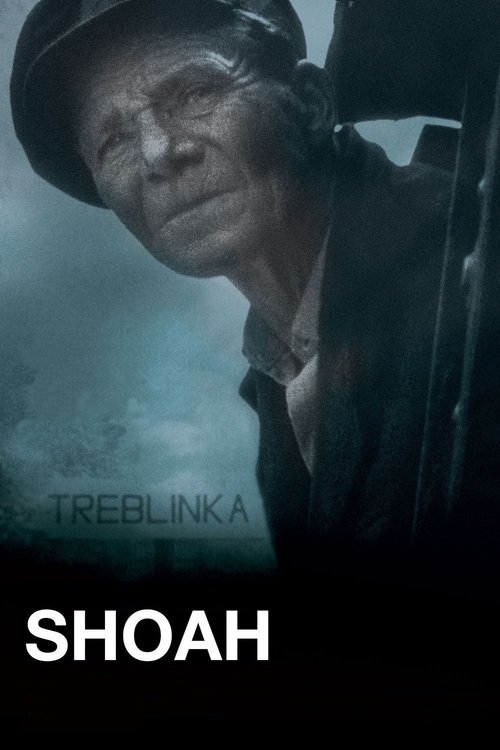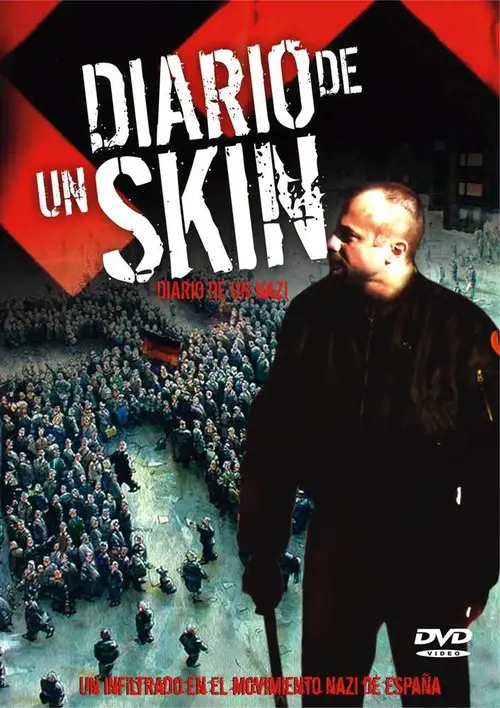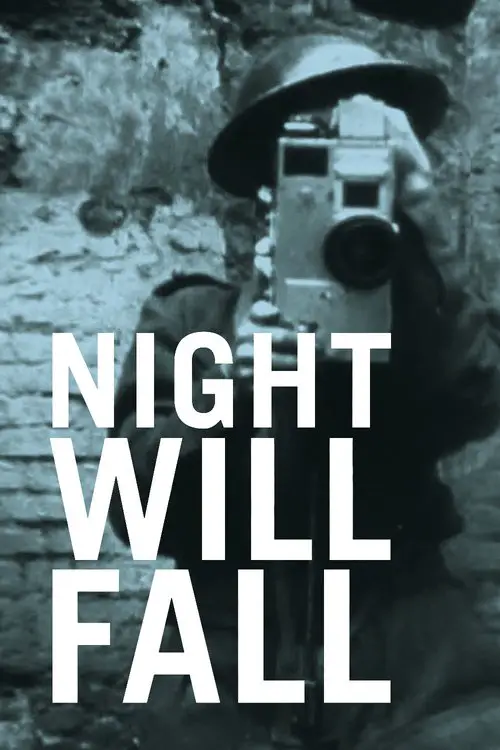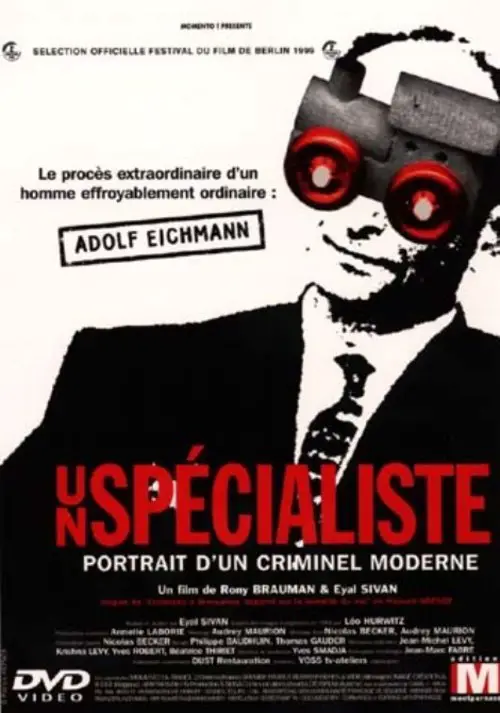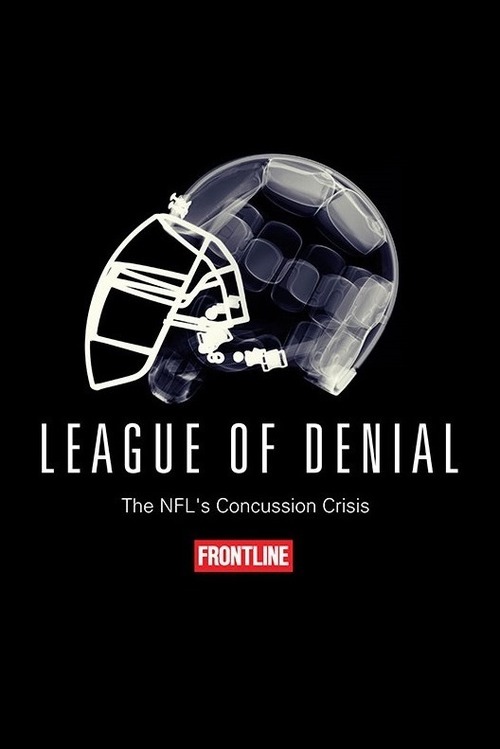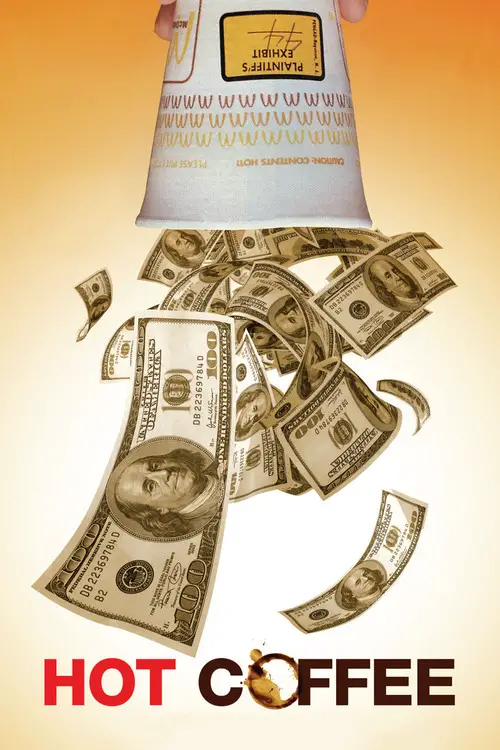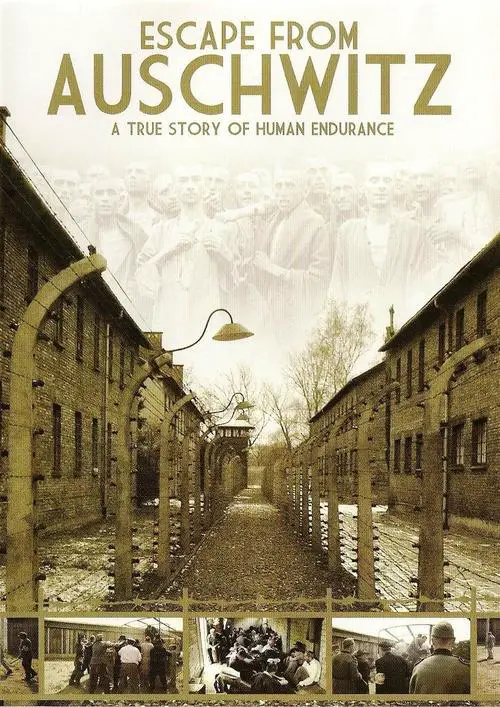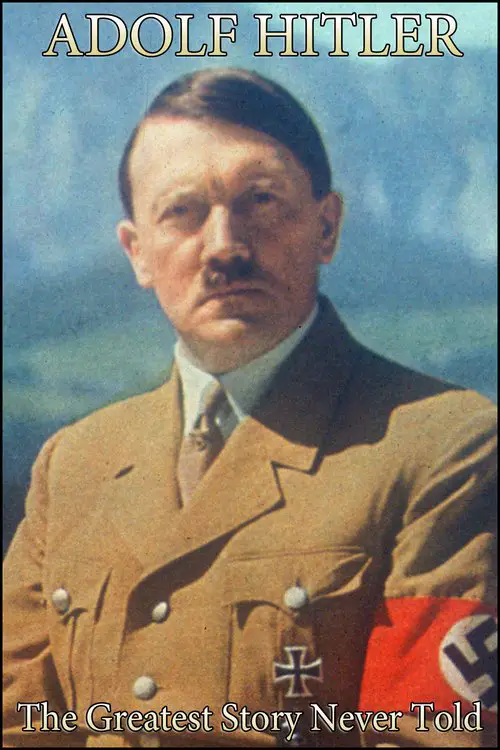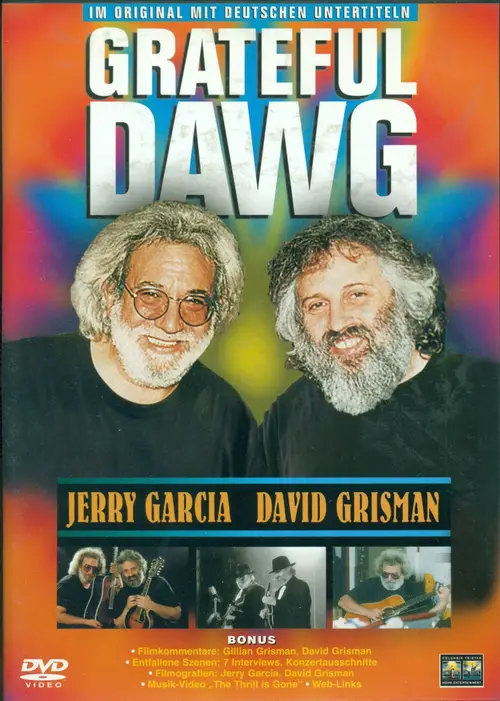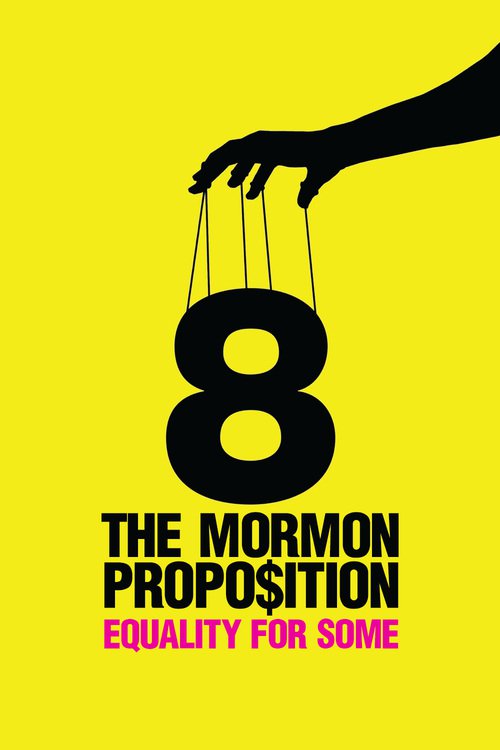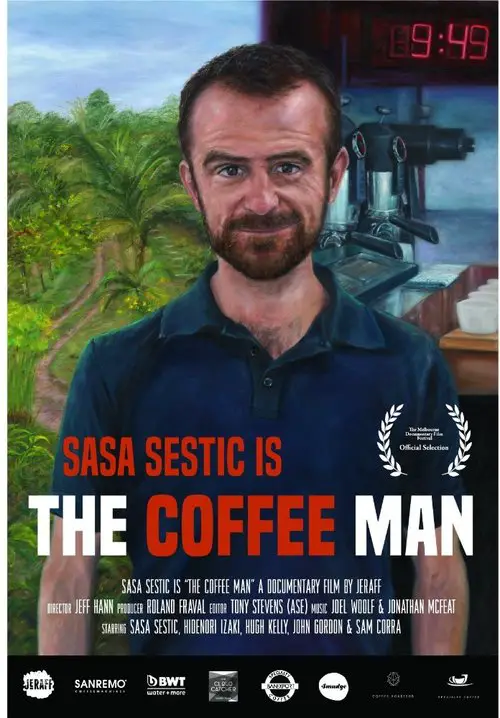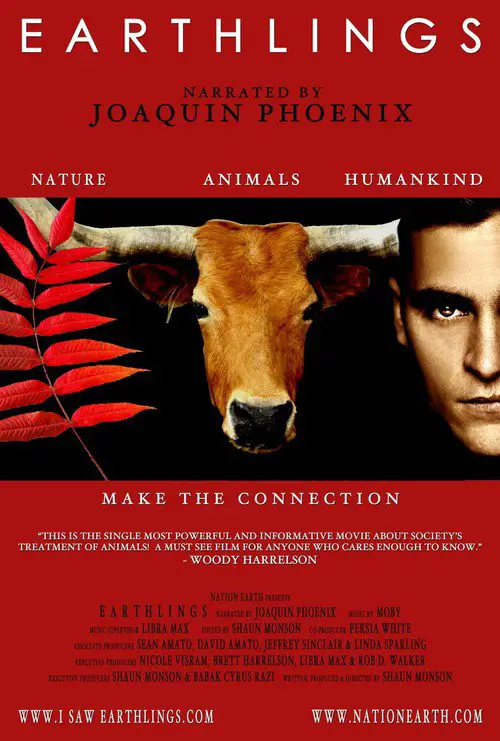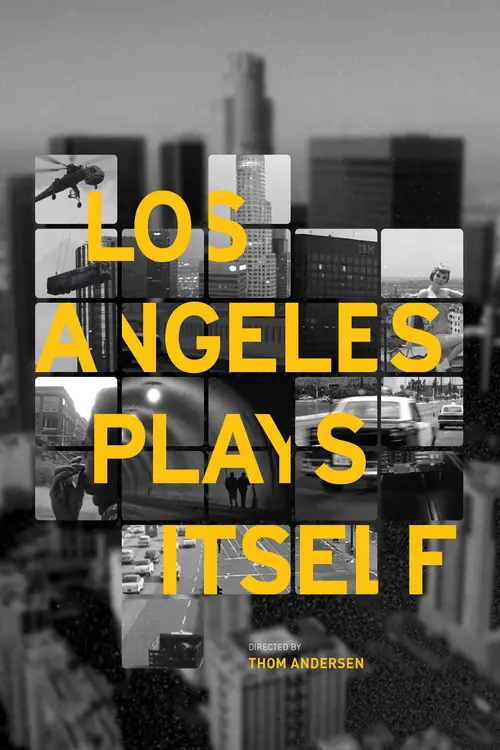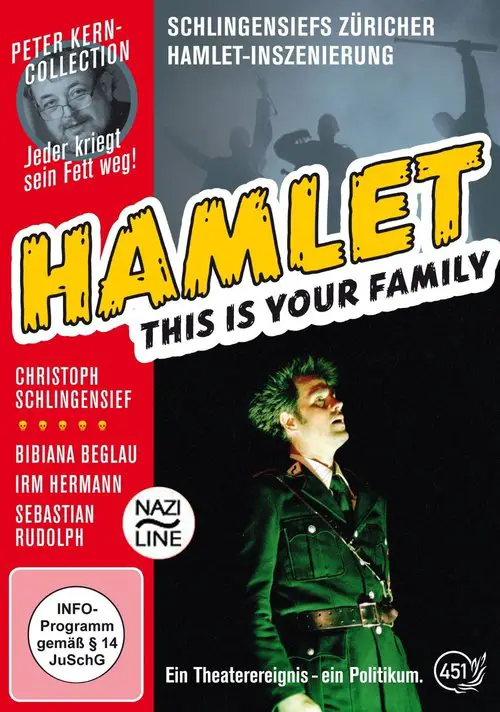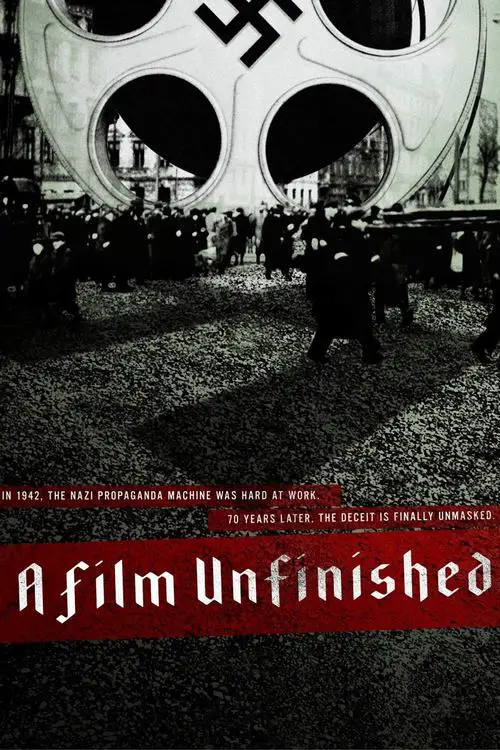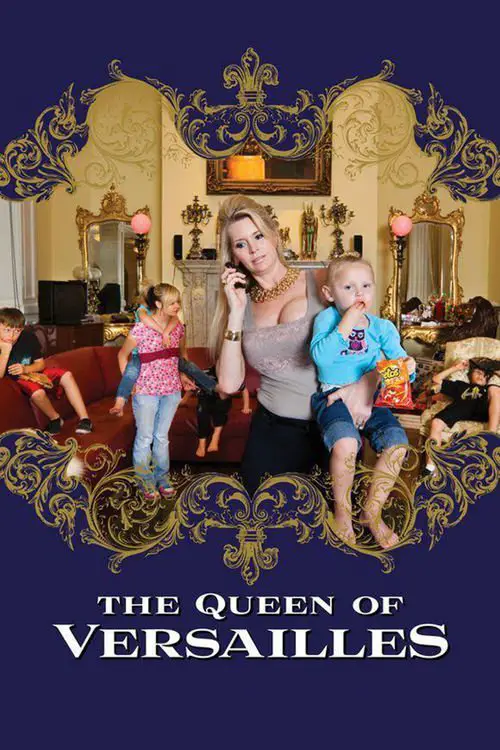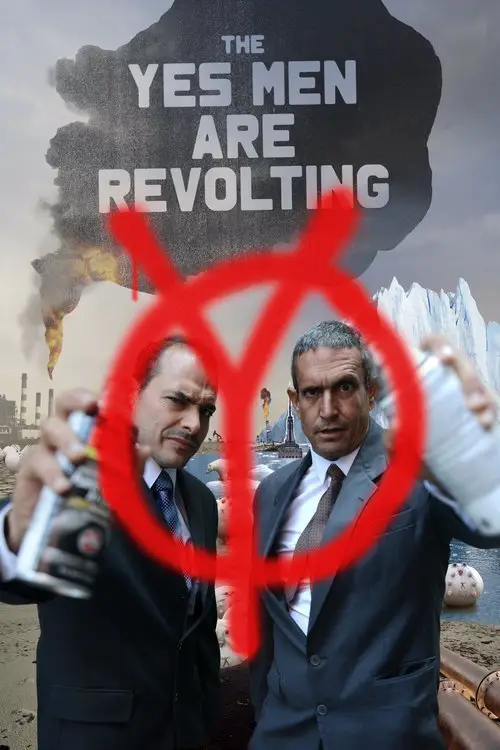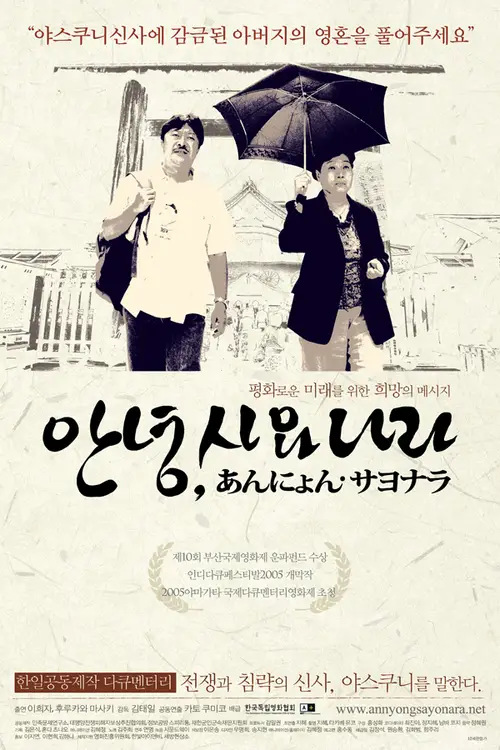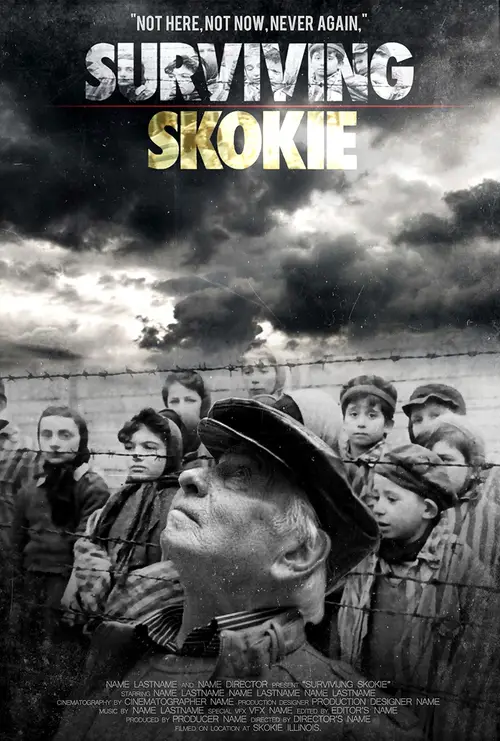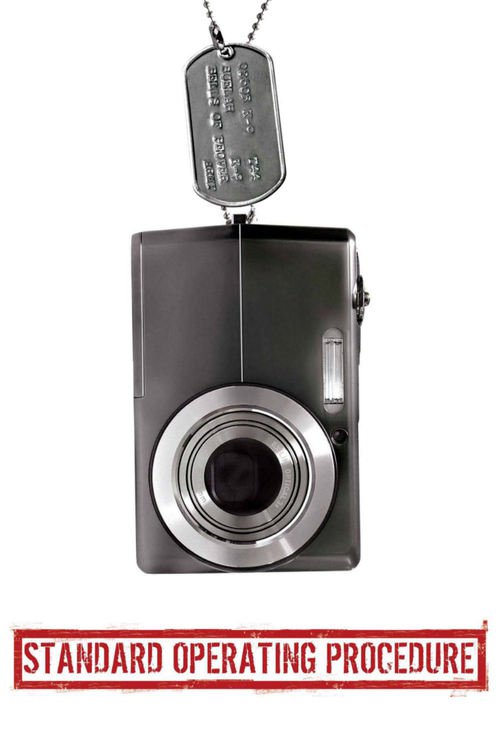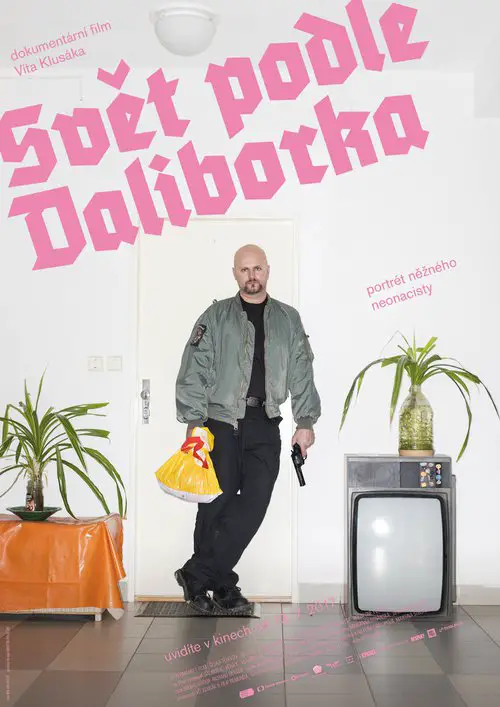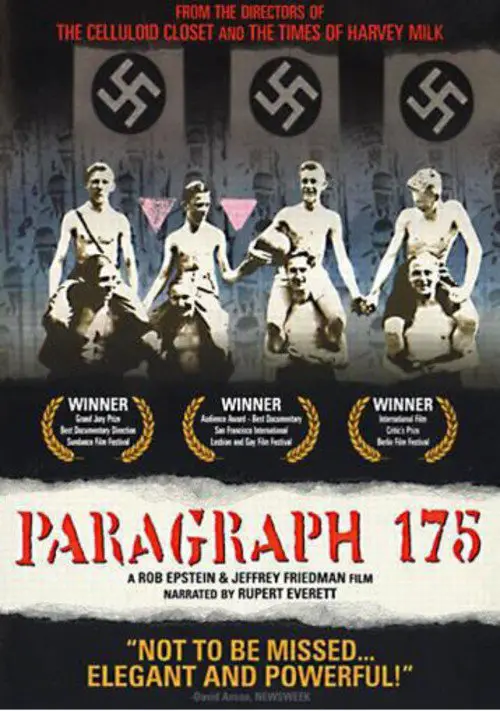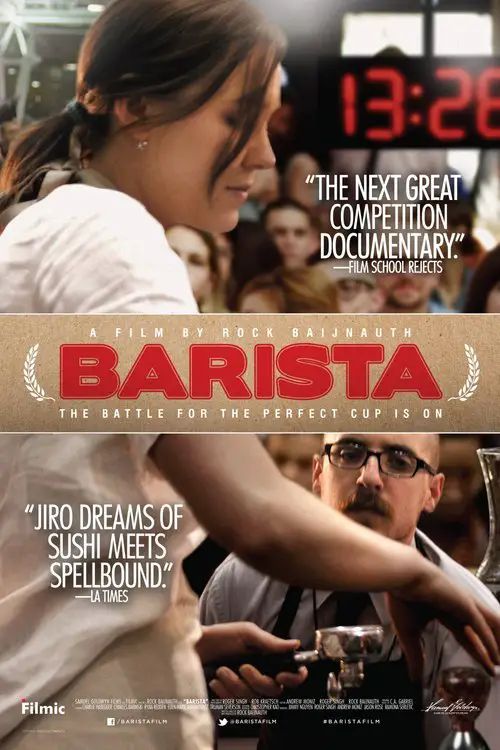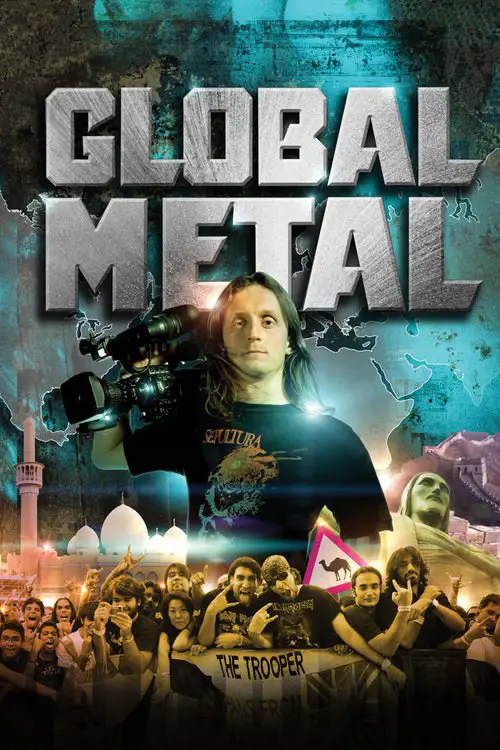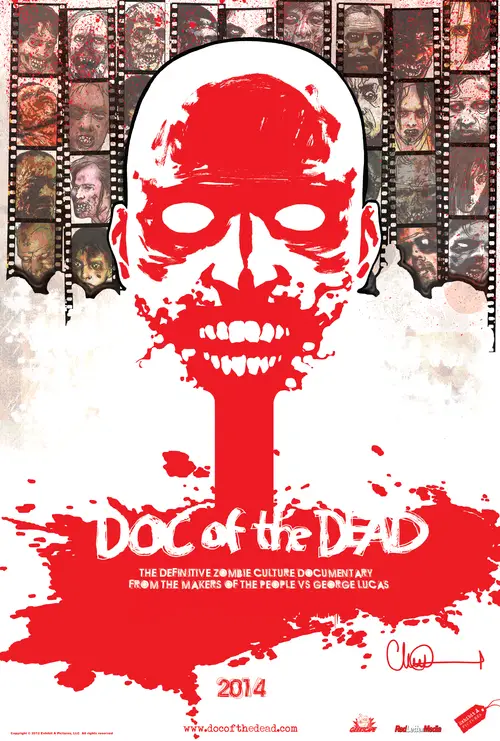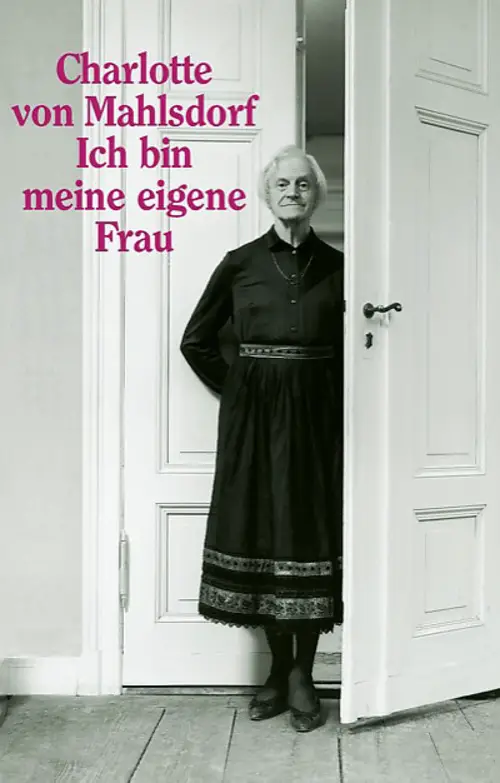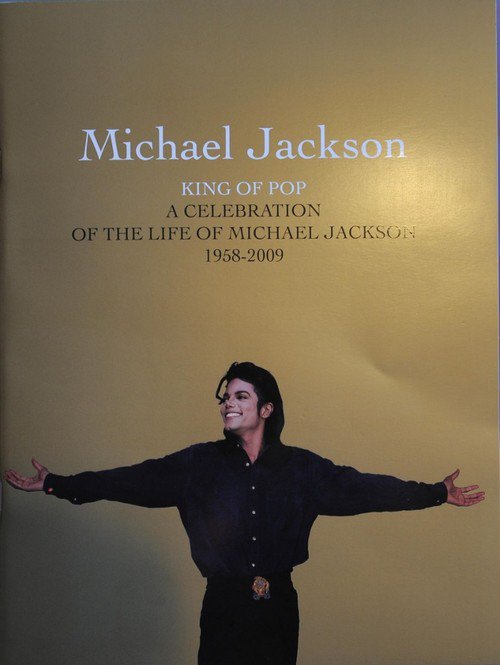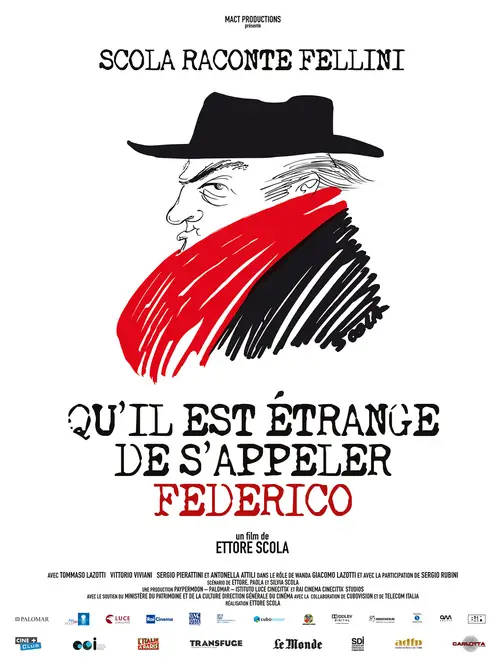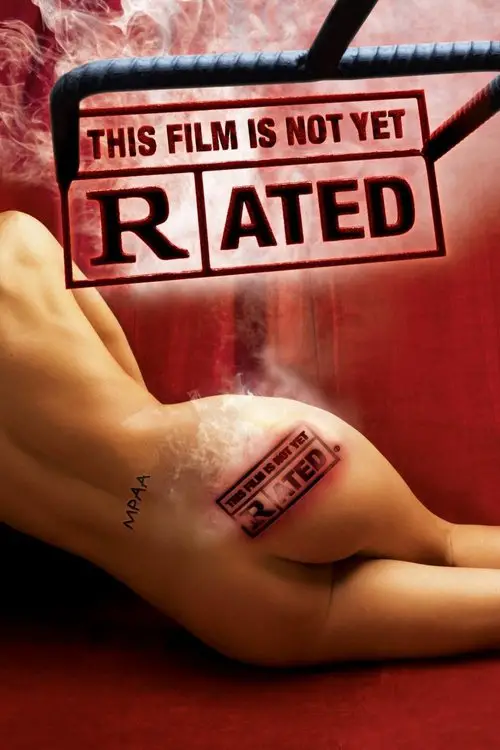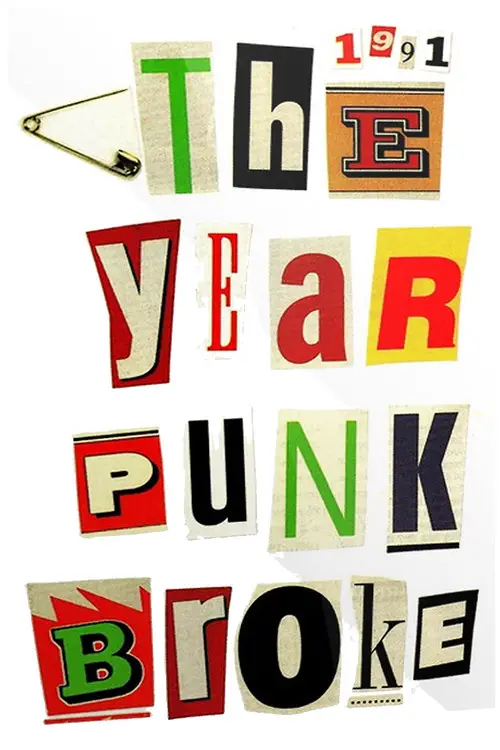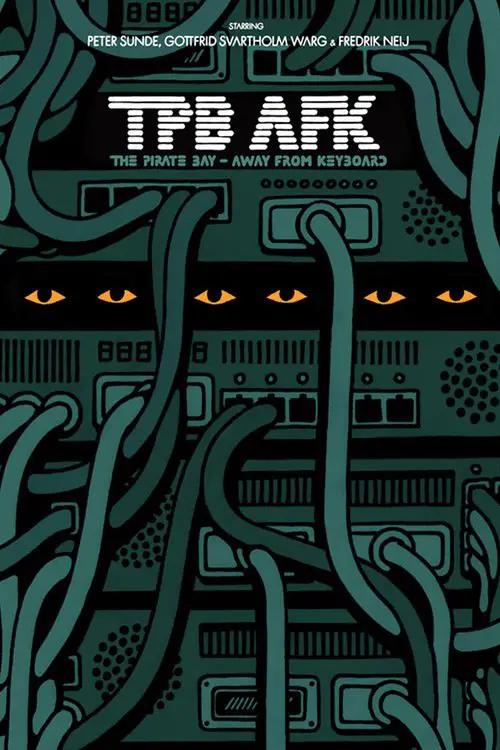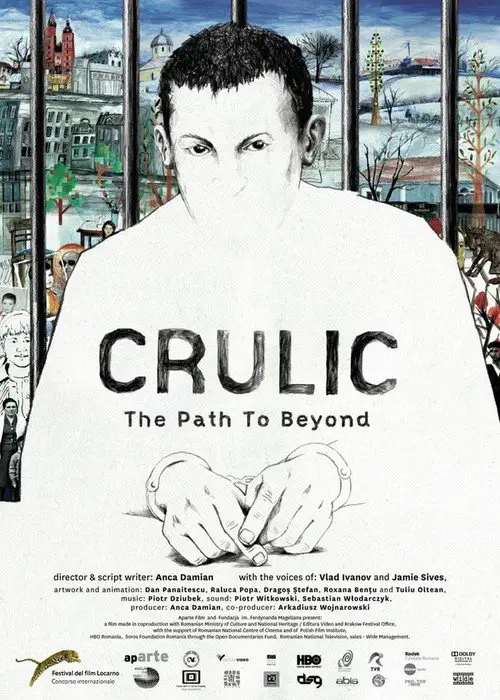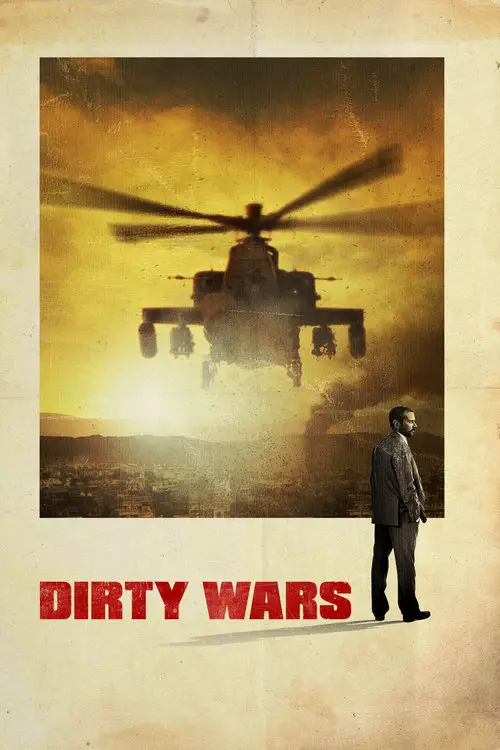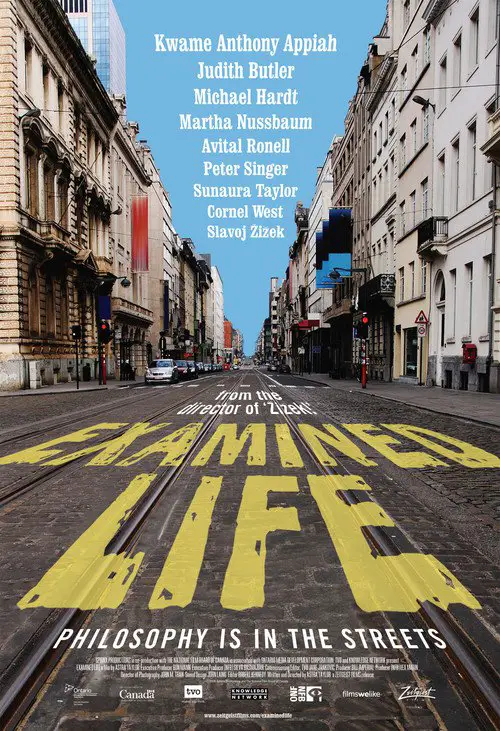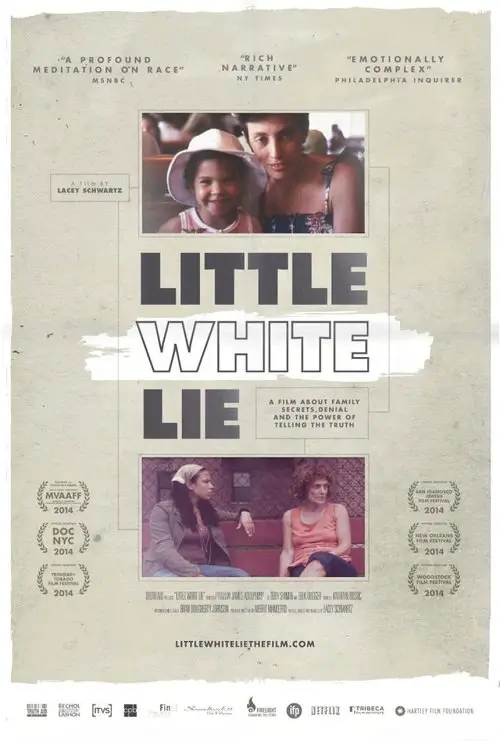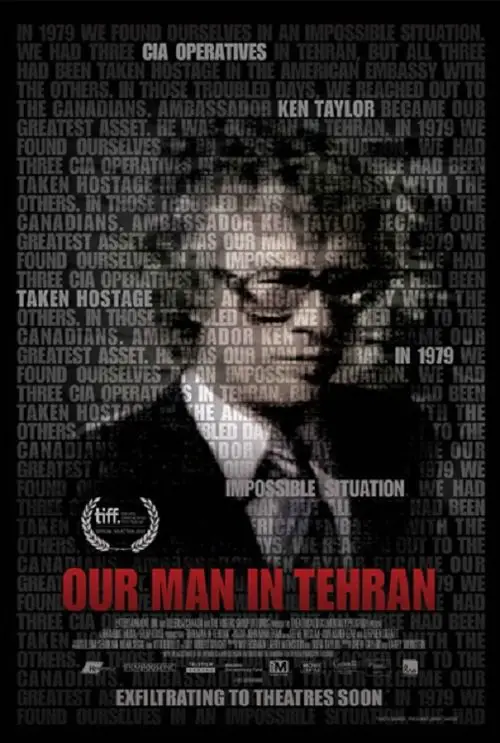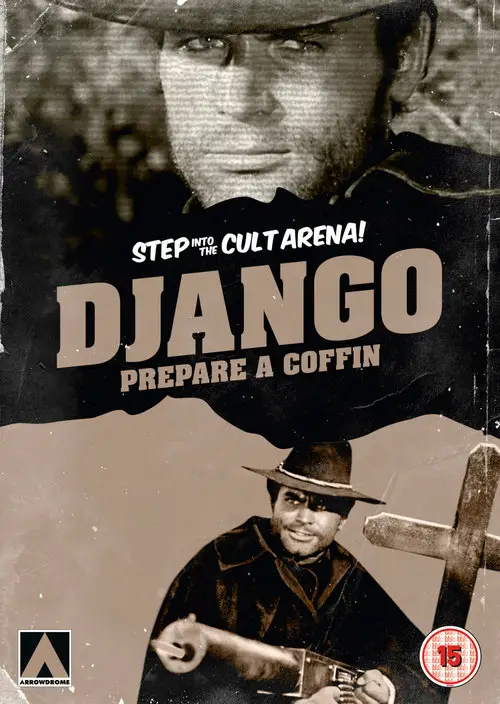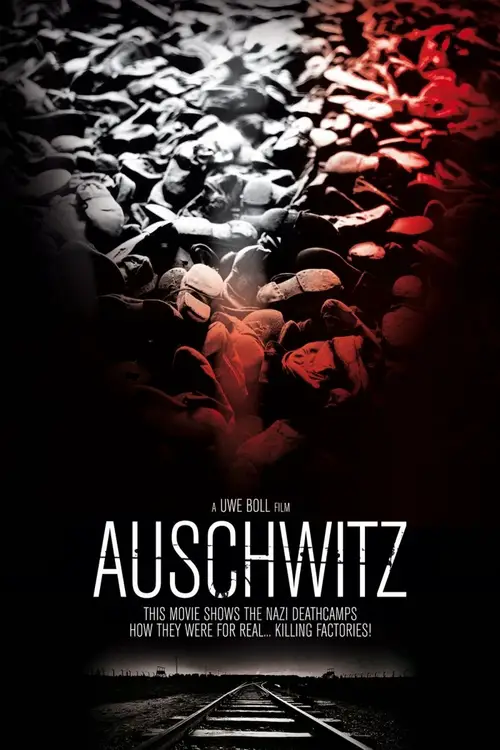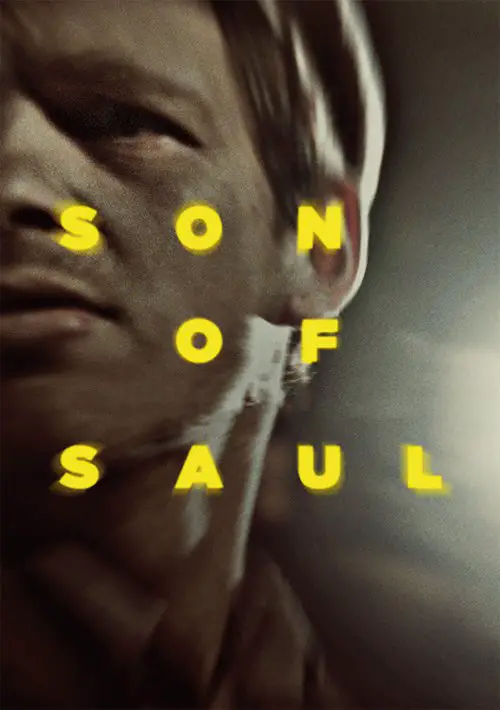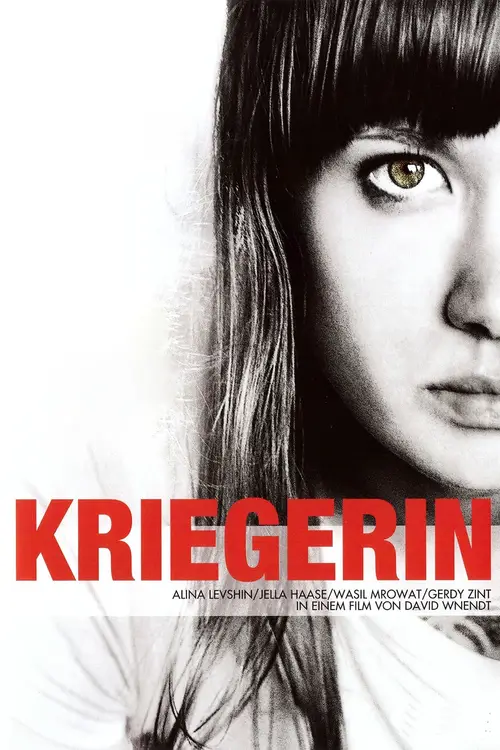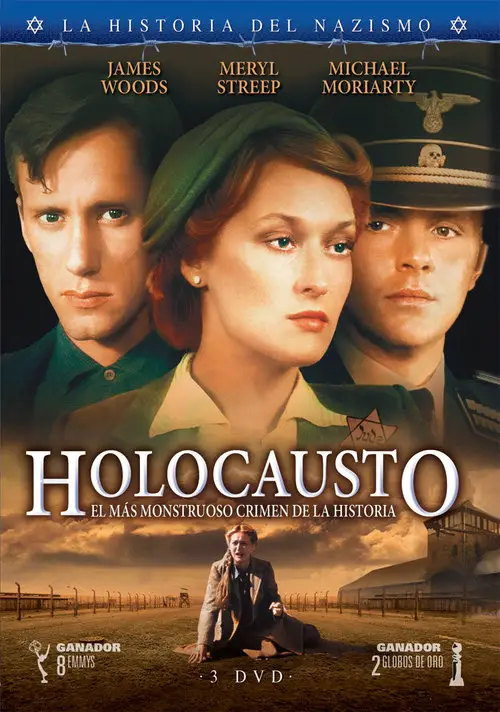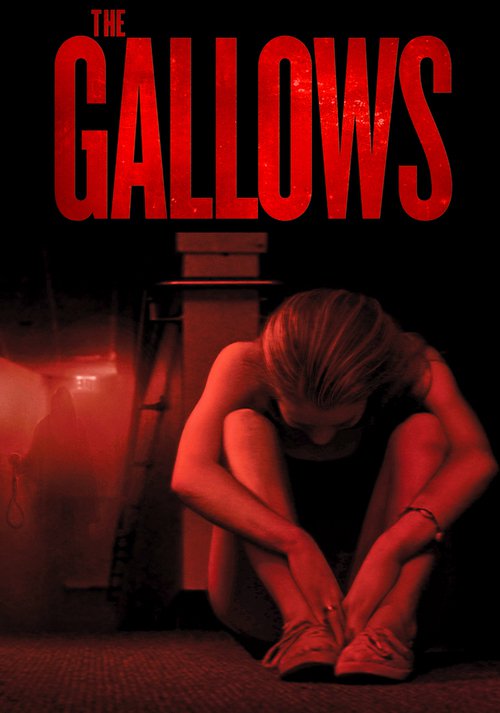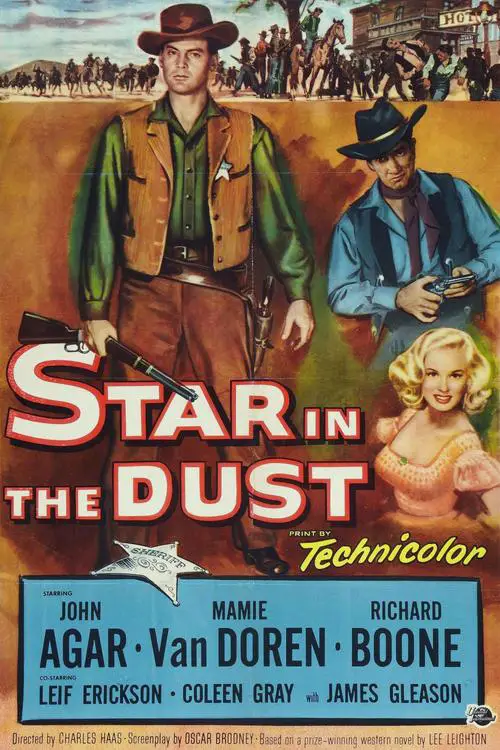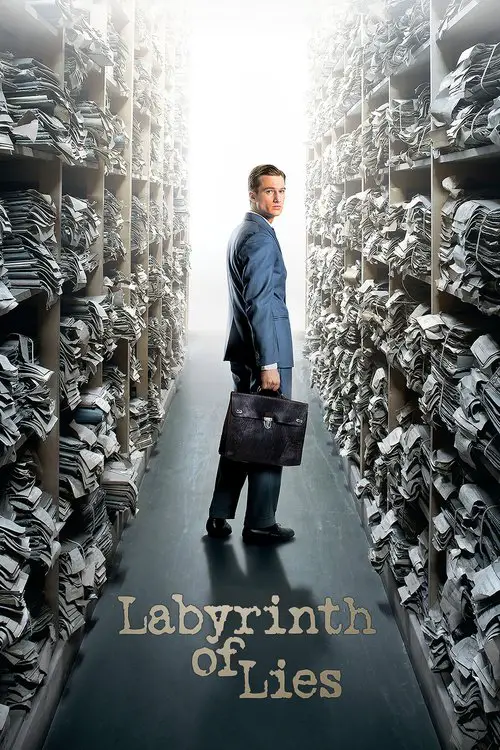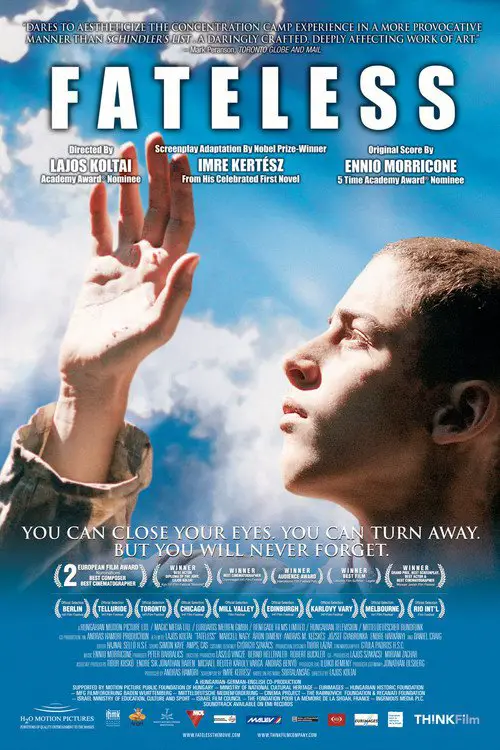Mr. Death: The Rise and Fall of Fred A. Leuchter, Jr. (1999)

Similar movies
An in-depth visual and verbal account of one of the most notorious episodes of World War 2. Using location shots and combining CGI, for a 3-D realism, this is a documentary, through a timeline, showing its conception, ideals, horrors and liberation of the Death Camp that is Auschwitz and its role in "The Final Solution". Using reconstructions of key events by actors playing major Nazi hierarchical roles and real interviews from parties of all sides; ex-prisoners, old Schutzstaffel (SS) members and witnesses. Using archive footage conjoined with reflective, contemporary imagery it is a vivid and thorough historical telling of the atrocities of a political ideology that gave nothing but fear and death.
Five Jewish Hungarians, now U.S. citizens, tell their stories: before March, 1944, when Nazis began to exterminate Hungarian Jews, months in concentration camps, and visiting childhood homes more than 50 years later. An historian, a Sonderkommando, a doctor who experimented on Auschwitz prisoners, and US soldiers who were part of the liberation in April, 1945.
A place: Theresienstadt. A unique place of propaganda which Adolf Eichmann called the "model ghetto", designed to mislead the world and Jewish people regarding its real nature, to be the last step before the gas chamber. A man: Benjamin Murmelstein, last president of the Theresienstadt Jewish Council, a fallen hero condemned to exile, who was forced to negotiate day after day from 1938 until the end of the war with Eichmann, to whose trial Murmelstein wasn't even called to testify. Even though he was without a doubt the one who knew the Nazi executioner best. More than twenty-five years after Shoah, Claude Lanzmann's new film reveals a little-known yet fundamental aspect of the Holocaust, and sheds light on the origins of the "Final Solution" like never before.
Claude Lanzmann directed this 9 1/2 hour documentary of the Holocaust without using a single frame of archive footage. He interviews survivors, witnesses, and ex-Nazis (whom he had to film secretly since they only agreed to be interviewed by audio). His style of interviewing by asking for the most minute details is effective at adding up these details to give a horrifying portrait of the events of Nazi genocide. He also shows, or rather lets some of his subjects themselves show, that the anti-Semitism that caused 6 million Jews to die in the Holocaust is still alive in well in many people that still live in Germany, Poland, and elsewhere.
When Allied forces liberated the Nazi concentration camps in 1944-45, their terrible discoveries were recorded by army and newsreel cameramen, revealing for the first time the full horror of what had happened. Making use of British, Soviet and American footage, the Ministry of Informationâs Sidney Bernstein (later founder of Granada Television) aimed to create a documentary that would provide lasting, undeniable evidence of the Nazisâ unspeakable crimes. He commissioned a wealth of British talent, including editor Stewart McAllister, writer and future cabinet minister Richard Crossman â and, as treatment advisor, his friend Alfred Hitchcock. Yet, despite initial support from the British and US Governments, the film was shelved, and only now, 70 years on, has it been restored and completed by Imperial War Museums.
Most people think they know the "McDonald's coffee case," but what they don't know is that corporations have spent millions distorting the case to promote tort reform. HOT COFFEE reveals how big business, aided by the media, brewed a dangerous concoction of manipulation and lies to protect corporate interests. By following four people whose lives were devastated by the attacks on our courts, the film challenges the assumptions Americans hold about "jackpot justice."
The truth about the Auschwitz death camp was one of the most closely guarded secrets of the Third Reich. Prisoners who tried to escape were killed in public as an example to other inmates. Very few ever made it out alive. Escape From Auschwitz tells the incredible story of two young Slovak Jews, Rudolph Vrba and Alfred Wetzler, who managed to escape, determined to tell the world about the atrocities being committed by the Nazis at the camp, which resulted in the saving of thousands of lives.
Far outside what's normally taught as "history", this 6-hour documentary attempts to explain what's normally glossed over - Germany's actions prior to WWII, Hitler's popularity, the support of the Nazis by the Germans, the basis for hardline Nazi stances against Jews, and why Nazism was such a danger to the established world powers. It chronicles the German WWI defeat, communist attempts to take over Germany; hyperinflation during the Weimar Republic, widespread unemployment and misery that served as the foundation of Nazi principles, and Hitlerâs amazing rise to power. It also reveals a personal side of Hitler: his family background, his artwork and struggles, and what motivated him to pursue a career in politics. While open to criticism for being "pro-Nazi" in its perspectives, the documentary does present many factual foundations for those perspectives, highlighting an endless list of hypocrisies and double-standards imposed on Germany in the years before, during, and after WWII.
Filmmaker and ex-Church of Jesus Christ of Latter-day Saints member Reed Cowan examines that church's nationwide efforts to prevent the legalization of gay marriage - including California's Proposition 8, which was passed by voters in 2008. Confidential church documents, statements by high-ranking church officials and other sources detail 30 years of efforts to turn back gay rights, particularly by the Mormon-sponsored National Organization for Marriage.
THE COFFEE MAN follows Sasa from Ethiopia, the birthplace of coffee to Seattle, Washington (USA), the home of the specialty coffee movement and host of the World Barista Championship. From humble beginnings in war-torn Yugoslavia to his adopted home in Australia, Sasa Sestic's journey to the 2015 World Barista Championships is a long one. But his dedication and pursuit of excellence carries him through as do his family, his staff, coffee growers and roasters and the vendors who travel with him on this remarkable journey. THE COFFEE MAN is an intensely personal, observational documentary that will have you biting your nails, standing up and cheering; and wishing that you, too, could experience Sasa's Holy Grail: the perfect cup of coffee.
A provocative and ironic pamphleteering documentary about the making of Christoph Schlingensiefâs Nazi-'Hamletâ (2001). Both a media event and a form of political action Schlingensief let ex-neo-Nazis play themselves. His provocation in so-called Nazi-free Switzerland was not appreciated and when he added fuel to the flames by calling for the local political party SVP to be banned, his media offensive made front-page news far beyond Switzerland.
Yael Hersonski's powerful documentary achieves a remarkable feat through its penetrating look at another film-the now-infamous Nazi-produced film about the Warsaw Ghetto. Discovered after the war, the unfinished work, with no soundtrack, quickly became a resource for historians seeking an authentic record, despite its elaborate propagandistic construction. The later discovery of a long-missing reel complicated earlier readings, showing the manipulations of camera crews in these "everyday" scenes. Well-heeled Jews attending elegant dinners and theatricals (while callously stepping over the dead bodies of compatriots) now appeared as unwilling, but complicit, actors, alternately fearful and in denial of their looming fate.
With the epic dimensions of a Shakespearean tragedy, The Queen of Versailles follows billionaires Jackie and Davidâs rags-to-riches story to uncover the innate virtues and flaws of their American dream. We open on the triumphant construction of the biggest house in America, a sprawling, 90,000-square-foot mansion inspired by Versailles. Since a booming time-share business built on the real-estate bubble is financing it, the economic crisis brings progress to a halt and seals the fate of its owners. We witness the impact of this turn of fortune over the next two years in a riveting film fraught with delusion, denial, and self-effacing humor.
This joint Korean-Japanese production follows a Korean woman, Lee Ha-jong, as she searches for her father's remains. He - like tens of thousands of other Koreans - was forced into the Japanese military, and subsequently killed during WW2. She is joined by a Japanese man, seeking reconciliation between his country's military past, and the countries victimized by that history. The filmmakers portray both sides of a still highly emotional debate that centers around the enshrinement of soldiers at the Yasukuni Shrine, and Lee's lawsuit to prevent her father from being enshrined there. As Lee visits Japan and the controversial Yasukuni Shrine, she confronts - and is confronted by a wall of nationalistic pride that might be compared to neo-Nazis defending the righteousness of The Reich. This is contrasted with her meeting and working with Japanese peace activists, who deplore their countries' militaristic past, and seek to heal the wounds with her neighbors.
Surviving Skokie, an intensely personal documentary, explores the effects of a late 1970s threatened neo-Nazi march in Skokie, IL on its large Holocaust survivor population. Thousands of survivors comprised 10 percent of this Chicago suburb, including Jack, the father of co-producer, Eli Adler. The relationship between father and son deepens as they return to Poland, where Eli learns more about the extended family that perished during the Shoah. Together they retrace the painful and debilitating journey through two ghettos and two concentration camps. Included are poignant commentaries and archival footage of the historical events spanning 70 years and two continents.
A stylized portrait of an authentic Czech neo-Nazi, who hates his life but doesnât know what to change. Corrosively absurd and starkly chilling in equal measure, this tragicomedy investigates the radical worldview of âdecent, ordinary people.â And just when it seems that its message canât get any more urgent, the film culminates in a totally uncompromising way.
In GLOBAL METAL, directors Scot McFadyen and Sam Dunn set out to discover how the West's most maligned musical genre - heavy metal - has impacted the world's cultures beyond Europe and North America. The film follows metal fan and anthropologist Sam Dunn on a whirlwind journey through Asia, South America and the Middle East as he explores the underbelly of the world's emerging extreme music scenes; from Indonesian death metal to Chinese black metal to Iranian thrash metal. GLOBAL METAL reveals a worldwide community of metalheads who aren't just absorbing metal from the West - they're transforming it - creating a new form of cultural expression in societies dominated by conflict, corruption and mass-consumerism.
The life story of Charlotte von Mahlsdorf, born Lothar Berflede. Miss Charlotte survived the Nazi reign and the repression of the Communists as a transsexual woman and helped start the German gay liberation movement. Documentary with some dramatized scenes. Two actors play the young and middle aged Charlotte and she plays herself in the later years.
In this remarkable documentary, Noam Chomsky offers a riveting but devastating critique of America's current war on terror arguing, in fact, that it is a logistical impossibility for such a war to be taking place. Professor Chomsky presents his reasoning with astonishing and refreshing clarity, drawing from a wealth of historical knowledge and analysis. "Only those who are entirely ignorant of modern history will be surprised by the course of events, or by the justifications that are provided..."
The men who run a pet cemetery, and the men and women who bury their pets, become the subject of this documentary. We first meet Floyd McClure, a paraplegic with a dream to create a pet cemetery. One inspiration is the death of his collie years before; and the other is the local rendering plant, which turns animals into glue. He realizes his dream, only to see it fail. Then we visit a successful pet cemetery, run by a father and his two sons. One is a frustrated musician, nursing a broken heart. The other is joining the family business after selling insurance in Salt Lake City. Throughout, we also meet the people who have buried their pets.
Kirby Dick's provocative documentary investigates the secretive and inconsistent process by which the Motion Picture Association of America rates films, revealing the organization's underhanded efforts to control culture. Dick questions whether certain studios get preferential treatment and exposes the discrepancies in how the MPAA views sex and violence.
TPB AFK is a documentary about three computer addicts who redefined the world of media distribution with their hobby homepage The Pirate Bay. How did Tiamo, a beer crazy hardware fanatic, Brokep a tree hugging eco activist and Anakata â a paranoid hacker libertarian â get the White House to threaten the Swedish government with trade sanctions? TPB AFK explores what Hollywoodâs most hated pirates go through on a personal level.
The animated documentary feature-length Crulic The Path to Beyond tells the story of the life of Crulic, the 33 years old Romanian accused of having stolen a wallet from the important Polish Judge. Crulic is brought to the Krakow Detention Center Custody prison. He decided to start a hunger strike from the day he was arrested, asking for: a meeting with somebody from the Romanian Consulate
At 14, best friends Robb Reiner and Lips made a pact to rock together forever. Their band, Anvil, hailed as the "demi-gods of Canadian metal, " influenced a musical generation that includes Metallica, Slayer, and Anthrax,. Following a calamitous European tour, Lips and Robb, now in their fifties, set off to record their 13th album in one last attempt to fulfill their boyhood dreams
100 pounds overweight, loaded up on steroids and suffering from a debilitating autoimmune disease, Joe Cross is at the end of his rope and the end of his hope. In the mirror he saw a 310lb man whose gut was bigger than a beach ball and a path laid out before him that wouldn't end wellâ with one foot already in the grave, the other wasn't far behind. FAT, SICK & NEARLY DEAD is an inspiring film that chronicles Joe's personal mission to regain his health.
Examined Life pulls philosophy out of academic journals and classrooms, and puts it back on the streets. Offering privileged moments with great thinkers from fields ranging from moral philosophy to cultural theory, Examined Life reveals philosophy's power to transform the way we see the world around us and imagine our place in it.
Little White Lie tells Lacey Schwartz's story of growing up in a typical upper-middle-class Jewish household in Woodstock, NY, with loving parents and a strong sense of her Jewish identity â despite the open questions from those around her about how a white girl could have such dark skin. She believes her family's explanation that her looks were inherited from her dark-skinned Sicilian grandfather. But when her parents abruptly split, her gut starts to tell her something different. At age of 18, she finally confronts her mother and learns the truth: her biological father was not the man who raised her, but a black man named Rodney with whom her mother had had an affair. The Filmmakers Lacey Schwartz Producer/Director Mehret Mandefro Producer James Adolphus Co-Director http://www.itvs.org/films/little-white-lie
A mysterious gunfighter named Django is employed by a local crooked political boss as a hangman to execute innocent locals framed by the boss, who wants their land. What the boss doesn't know is that Django isn't hanging the men at all, just making it look like he is, and using the men he saves from the gallows to build up his own "gang" in order to take revenge on the boss, who, with Django's former best friend, caused the death of his wife years before.
Marisa, a 20-year-old German girl, hates foreigners, Jews, cops, and everyone she finds guilty for the decline of her country. She provokes, drinks, fights and her next tattoo will be a portrait of Adolf Hitler. The only place she feels home is the Neo-Nazi gang she belongs to, where hate, violence, and heavy parties are the daily rules. When 14-year-old Svenja joins the group, Marisa appears like a role model to her: she fits the purest idea of a combat girl fighting for the group's ideology. But Marisa's convictions will slowly evolve when she accidentally meets a young Afghan refugee. Confronted to him, she will learn that the black and white principles of her gang are not the only way. Will Marisa ever be able to get out of this group?
The sheriff of Gunlock is planning to hang Sam Hall, who shot three farmers found on cattle land, at sundown. At the casino, betting is 8 to 3 he won't make it. The cattlemen are set to rescue Sam; the farmers hope to lynch him before he can be rescued; and Hall schemes for escape with his girl Nellie. But Sheriff Jorden is most concerned with finding out who hired Hall: a leading suspect is the sheriff's future brother-in-law.
An Hungarian youth comes of age at Buchenwald during World War II. György Köves is 14, the son of a merchant who's sent to a forced labor camp. After his father's departure, György gets a job at a brickyard; his bus is stopped and its Jewish occupants sent to camps. There, György find camaraderie, suffering, cruelty, illness, and death. He hears advice on preserving one's dignity and self-esteem. He discovers hatred. If he does survive and returns to Budapest, what will he find? What is natural; what is it to be a Jew? Sepia, black and white, and color alternate to shade the mood.
The year is 1945 and the "last of the Jews" are being "evacuated" from Berlin. They are locked in cattle cars with no food and little water. During the trip several of the characters are drawn out and vignettes of their lives are highlighted to restore some humanity to their animal existence aboard the train. The suffering and agony is palpable. Some parts can be watched in double speed as they are just just filler. If you exclude the final theatrical device thrown in at the end, the movie is worth watching for it's historical relevance.
© Valossa 2015–2025
| Privacy Policy
